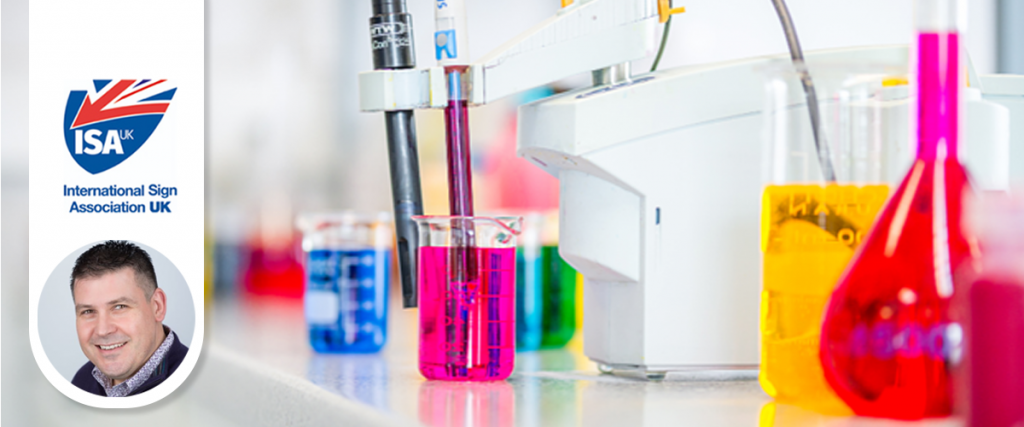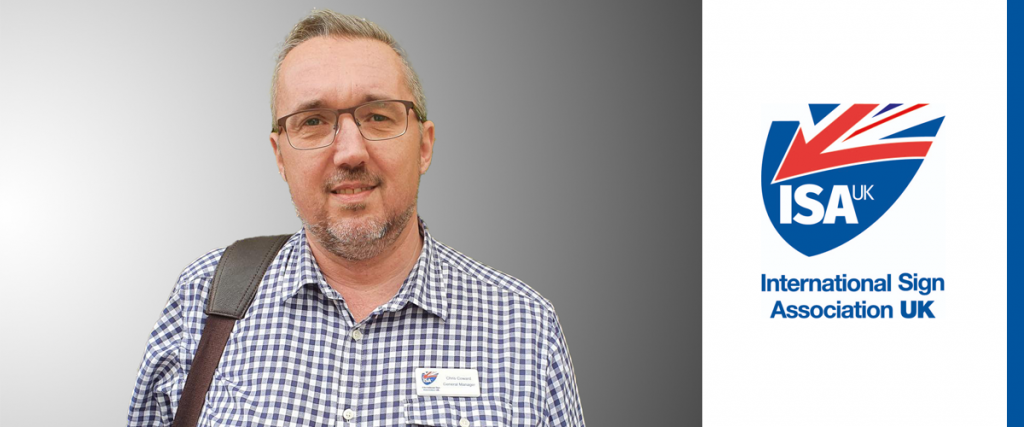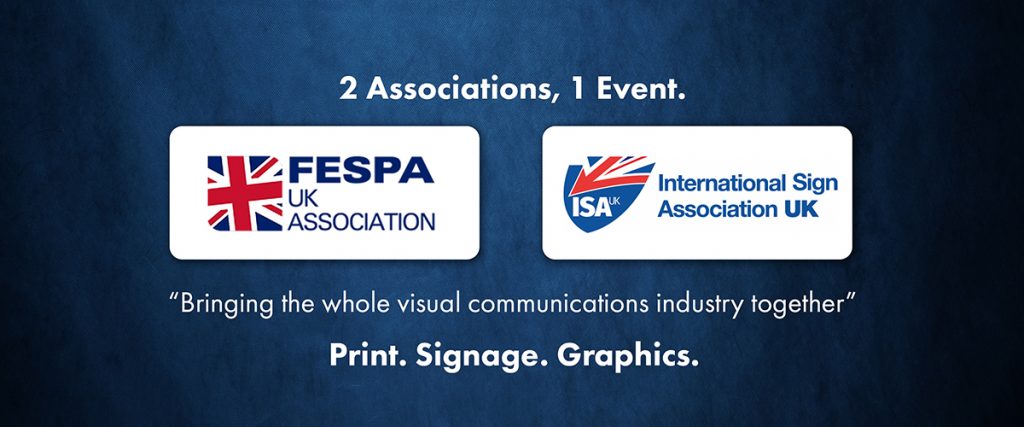ISA-UK CEO welcomes united front over GBL regs

Craig Brown, chief executive officer of ISA-UK has praised the collective efforts of industry associations in their actions to raise awareness over the impact of the GBL reclassification.
Gamma butyrolactone (GBL) and 1,4-butanediol (BD) are to be reclassified as Class B drugs due to the chemical being used to produce some recreational drugs.
The chemicals are however also found in certain types of inkjet inks and the GPMA (Graphics and Print Media Alliance) has said that up to £1bn of print would be affected by these changes.
The changes were originally based on the estimation that around 65 businesses would be affected, however, industry associations including the IPIA have predicted that around 6-8,000 businesses could be affected in the print and sign industries combined.
Brown explains that whilst the ISA-UK has a relatively small voice in the print sector in comparison to other associations that have taken action and gone directly to the government, a united front is key.
He says: “All these decisions seem to have been made based on the fact that it would only have an impact on a small number of companies, not the ripple effect of 6-8,000 sign/print companies. Even if you said two-thirds of those were based on solvent inks, it’s quite a dramatic number to cover.
“We’ve been asked to support the call that a couple of the print companies are making. We’re a relatively small board if you go by the number of members we’ve got. We have to align ourselves to make as much noise as we can.”
Reflecting on the unity of trade associations such as FESPA, GPMA, IPIA, BPIF and the BCF, Brown adds: “It doesn’t really matter who’s leading the charge, everybody has to be seen to be on the same side to get a large voice. If we can show there’s potentially 8,000 companies and around 50,000 people have their jobs dependent on being able to supply a product, all of a sudden it becomes more of a case rather than looking at a few independent ink suppliers which is almost how it’s been sold or put across to us.”
Another issue Brown raises is the number of print and sign businesses that are actually aware of the issue and the impact it could have. “We see it as a very important issue. I was really surprised that I didn’t get any response when I shared an article on the topic a couple of weeks back on LinkedIn. I’m thinking are we sleepwalking into this? Do people realise what the implications are?
“It is a case of honing in on the people who will feel the impact, because I can see printers and small sign companies who will end up with a very big doorstop, probably still on finance that they are not going to be able to service or get any products for.”
For any companies who are concerned about the impact the regulations will have on their business or the steps they need to take, Brown welcomes anyone getting in touch with the ISA-UK to discuss the issue.
He adds: “Part of it is being a conduit to make things happen and connecting people. It shouldn’t be about the associations and members; it should be about the whole industry and trade as a whole. If the industry’s healthy, we’re all healthy. The ISA-UK is behind all the efforts that are being done to raise awareness and is in communication with manufacturers and looking at how we can address it.
“At the end of the day, we need a healthy industry, and this is actually trying to make us operate with one hand tied behind our back and we’re trying to make sure that doesn’t happen. I want to talk to as many people in the sign trade as possible as you can’t help people if they don’t tell you what the issues are.”
Read more here: Under new laws, users of printers like Epson’s SureColor SC-S80600 will need a licence to possess the inks for them!

For further information:
www.uksigns.org
cb@uksigns.org
0845 338 3016









Responses